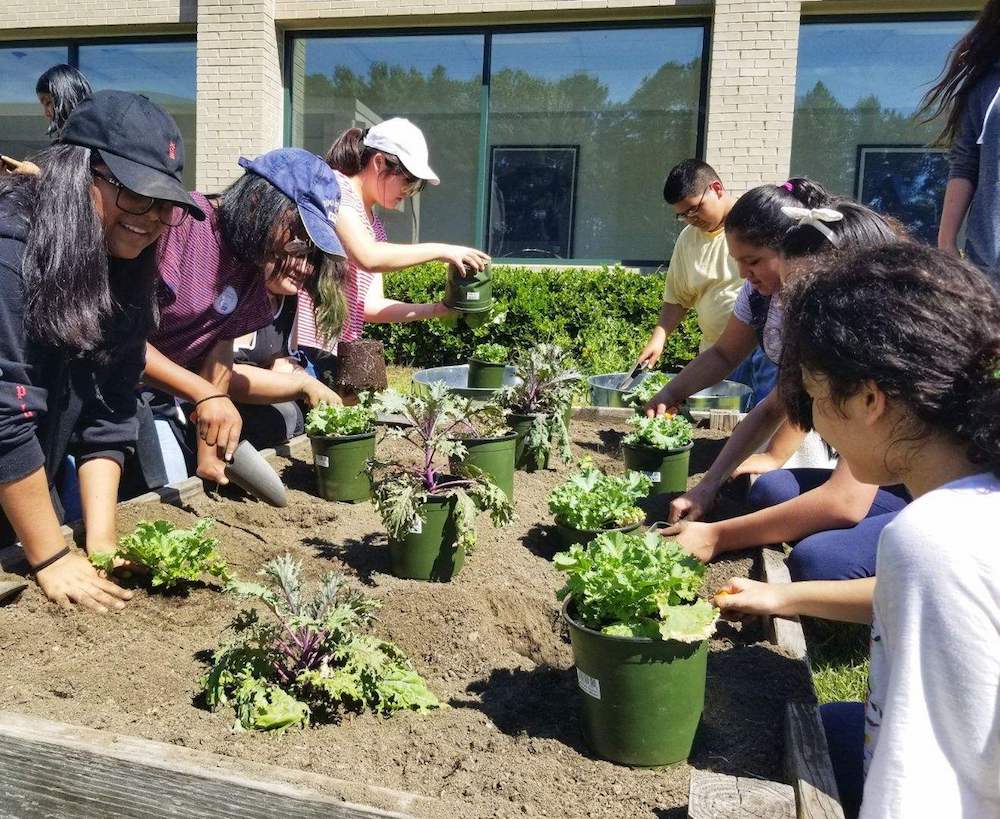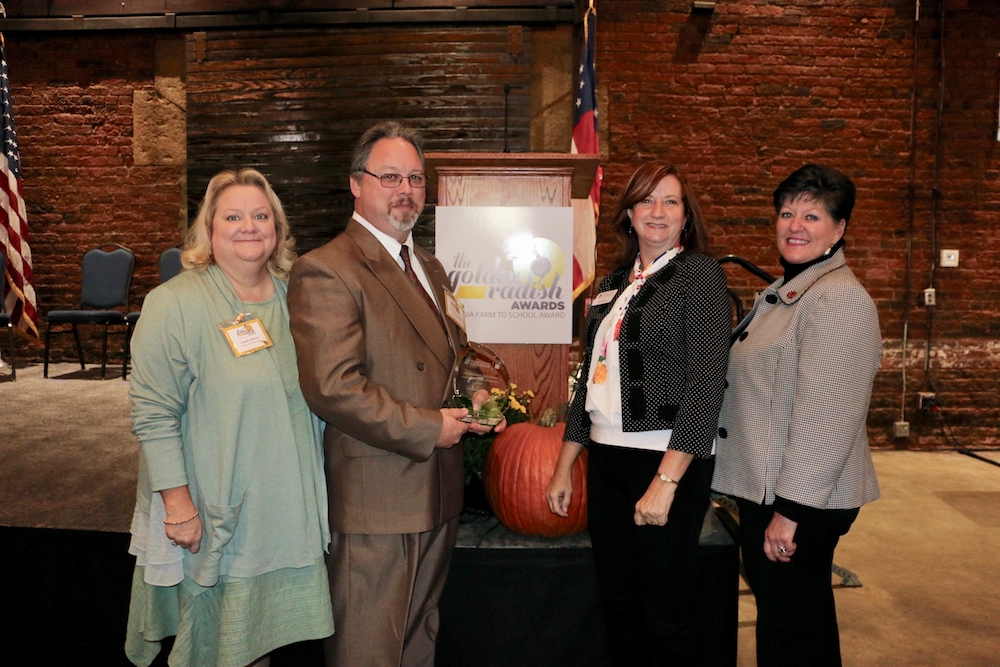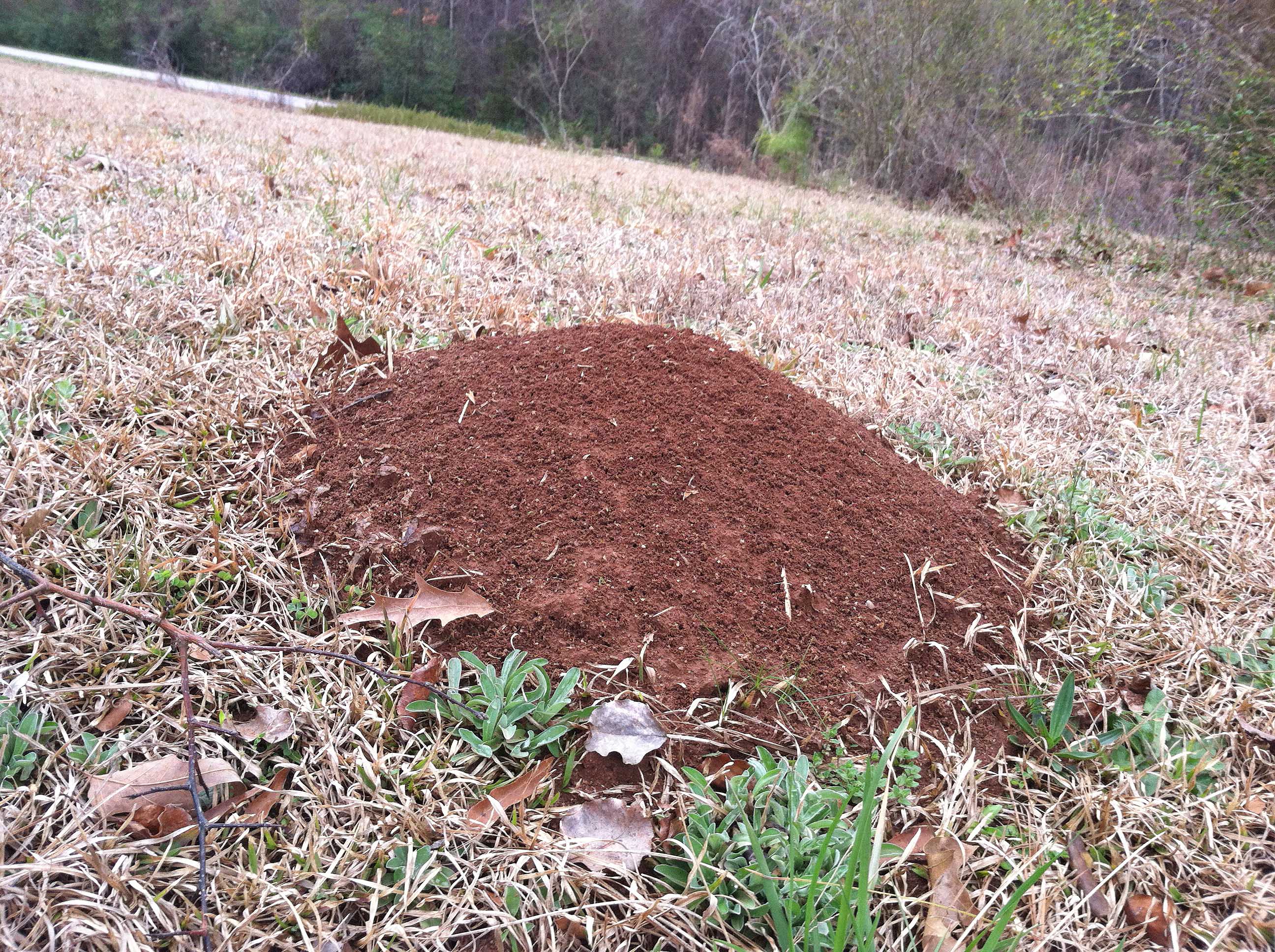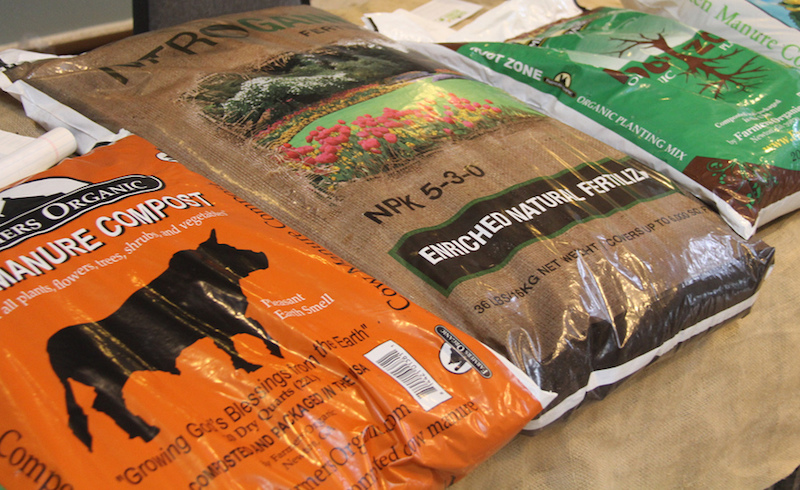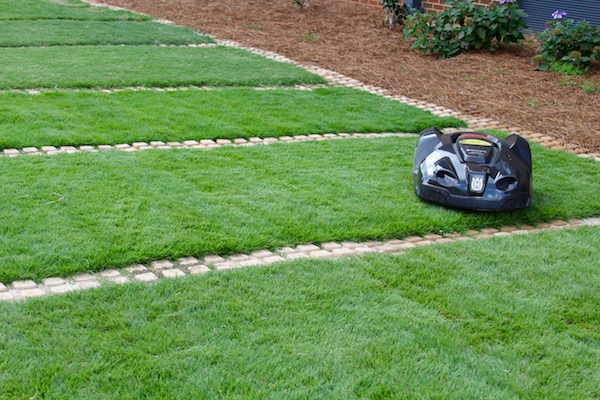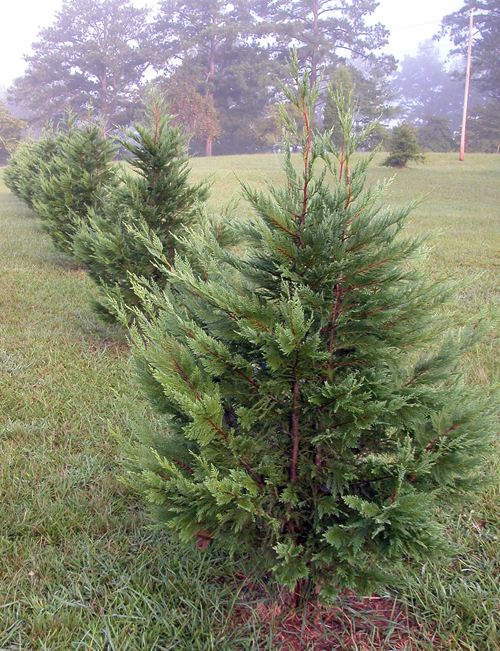 CAES News
CAES News
New Plants
Now is the best time of the year to install new trees, shrubs and perennial plants. Although cold weather won’t allow the aboveground parts to grow much, the roots will continue to grow and expand, allowing the plant to become established. By next summer, these trees and plants will be able to tolerate the intense heat and dry conditions.

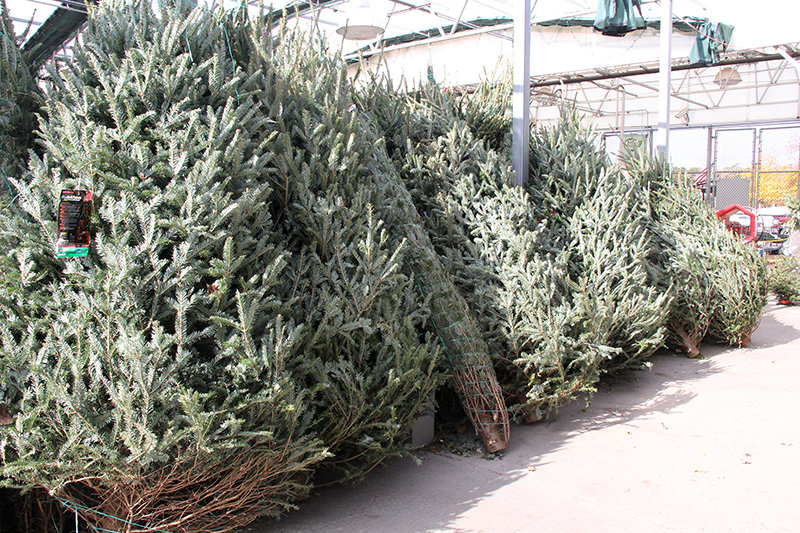
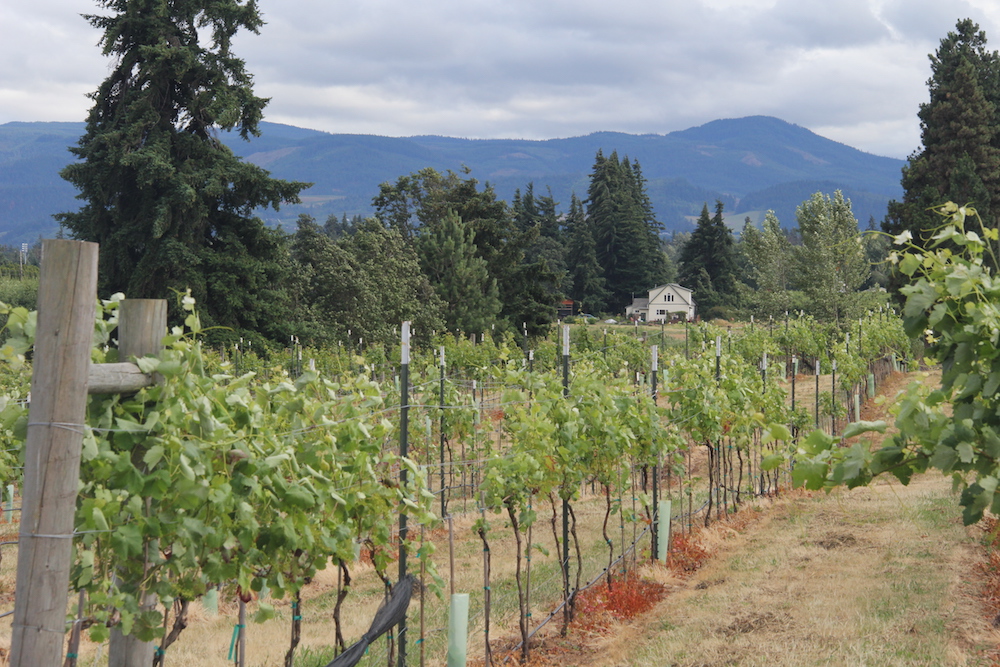
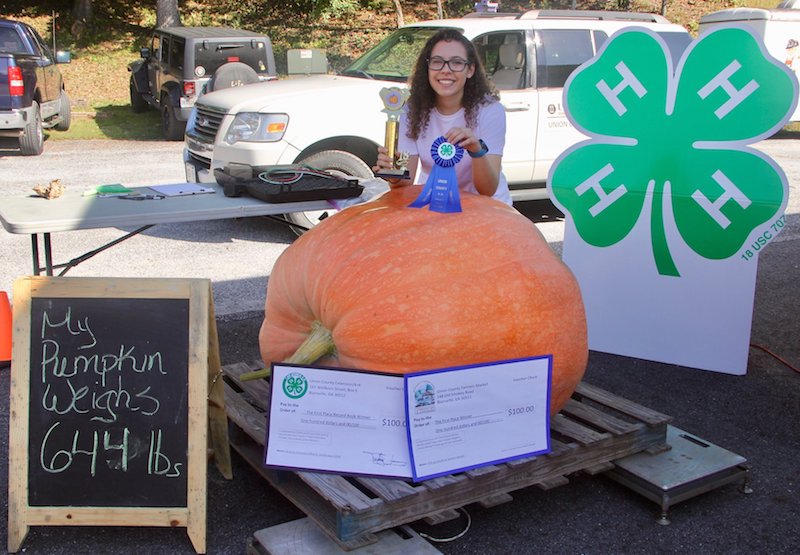
SMALL.jpg)
